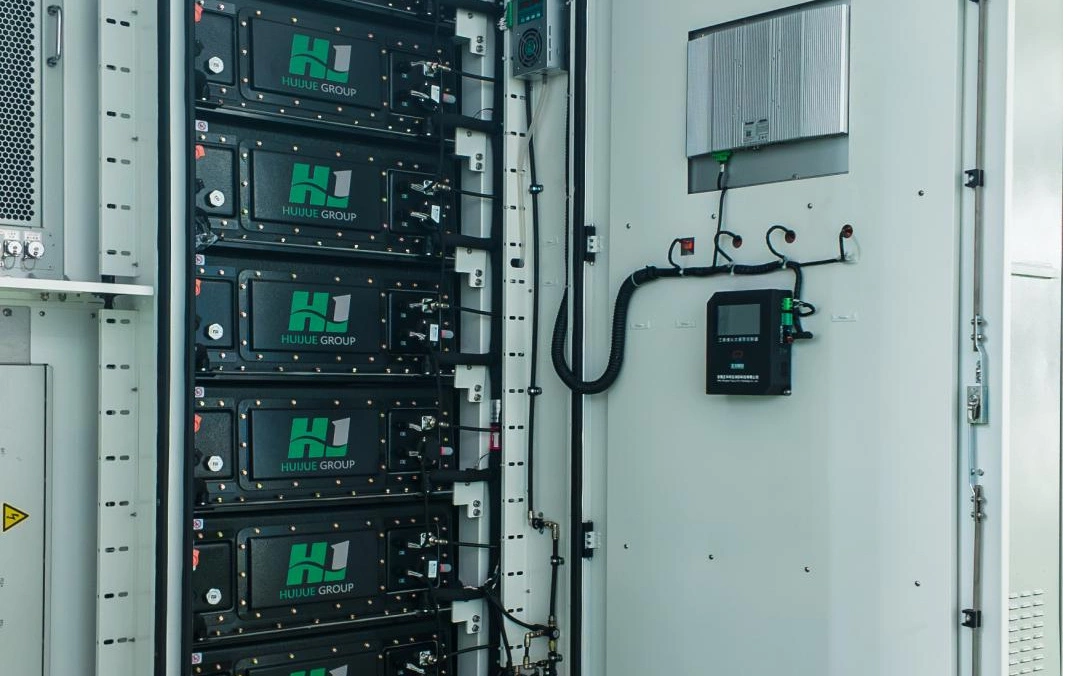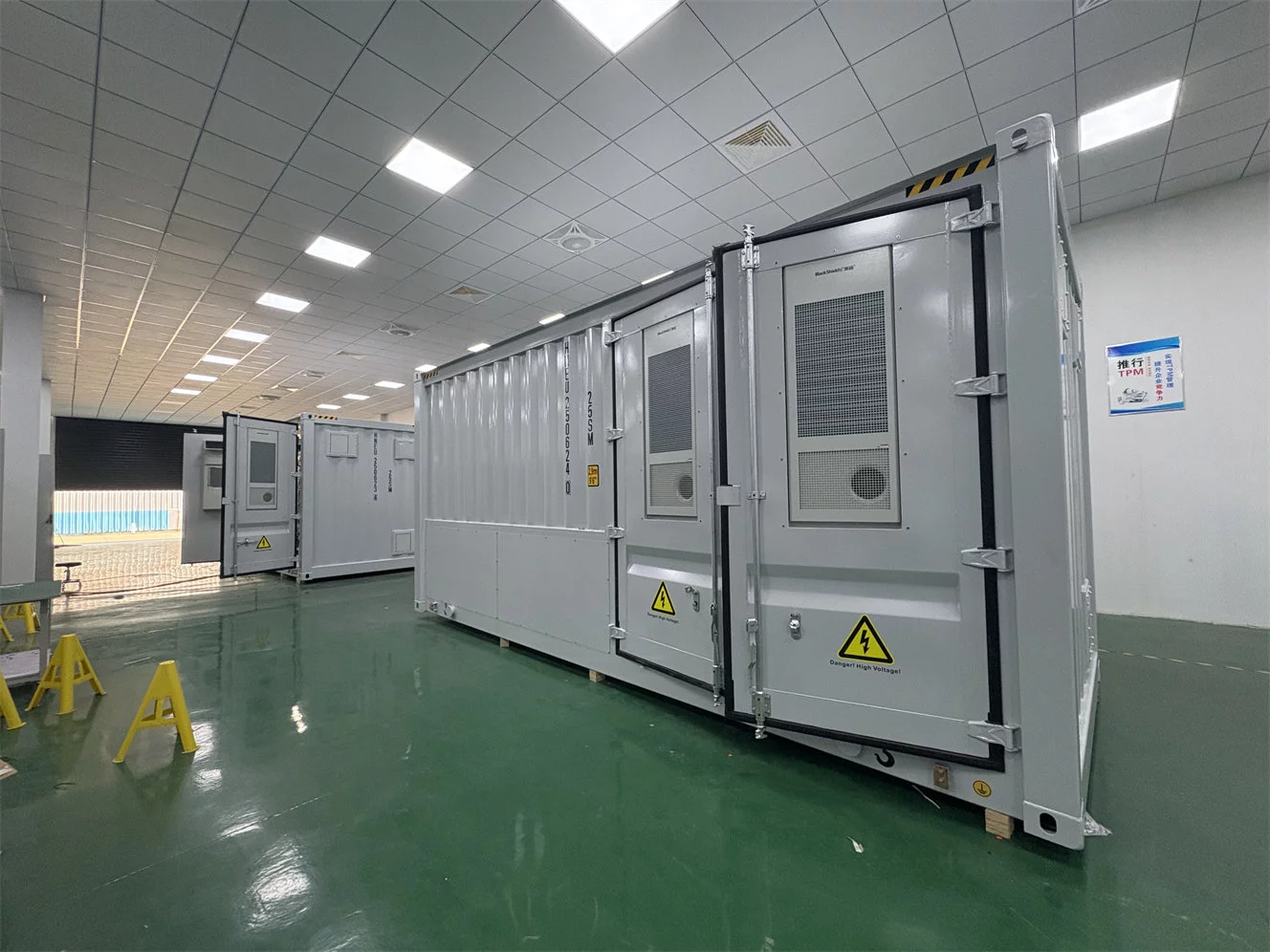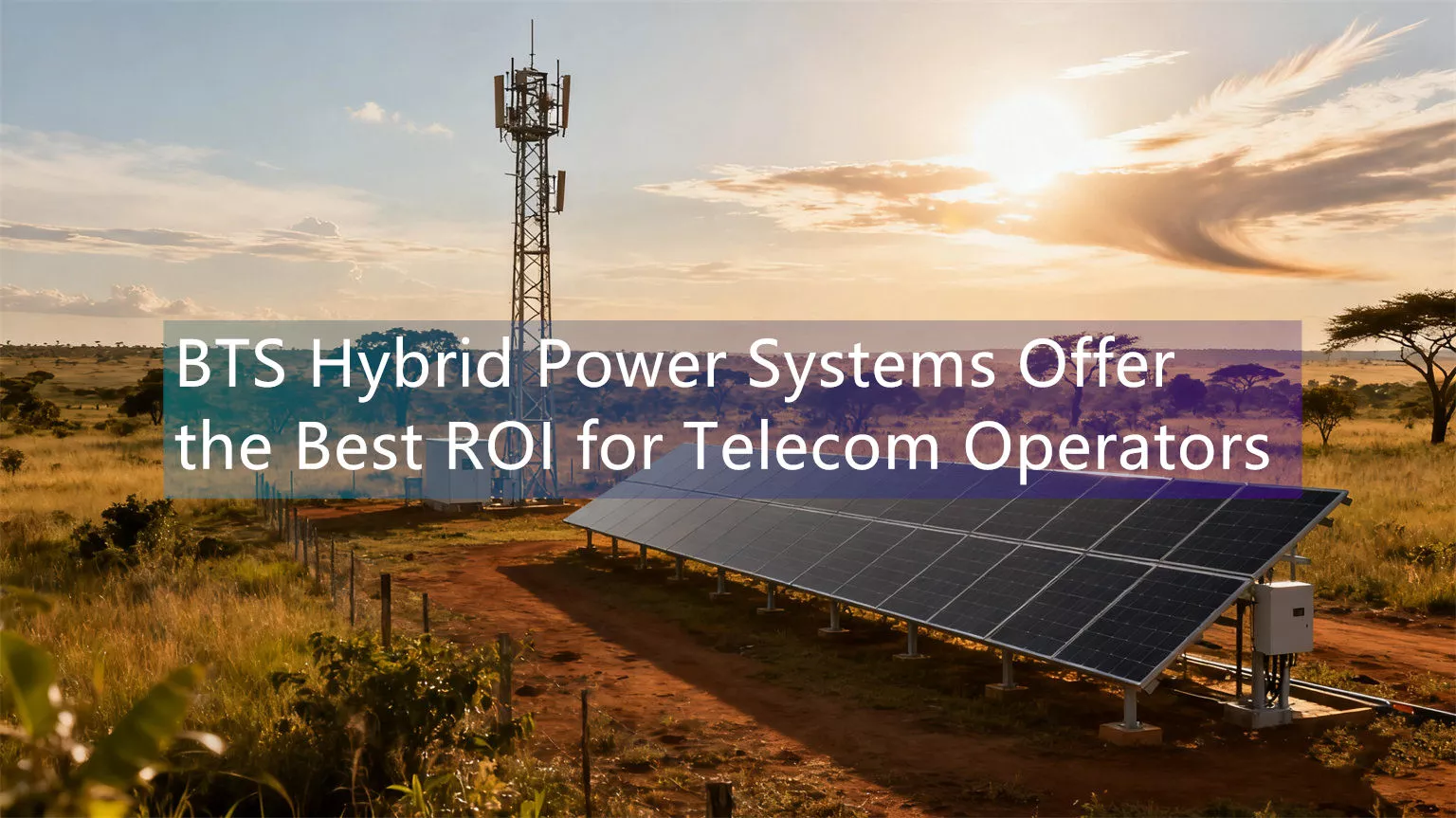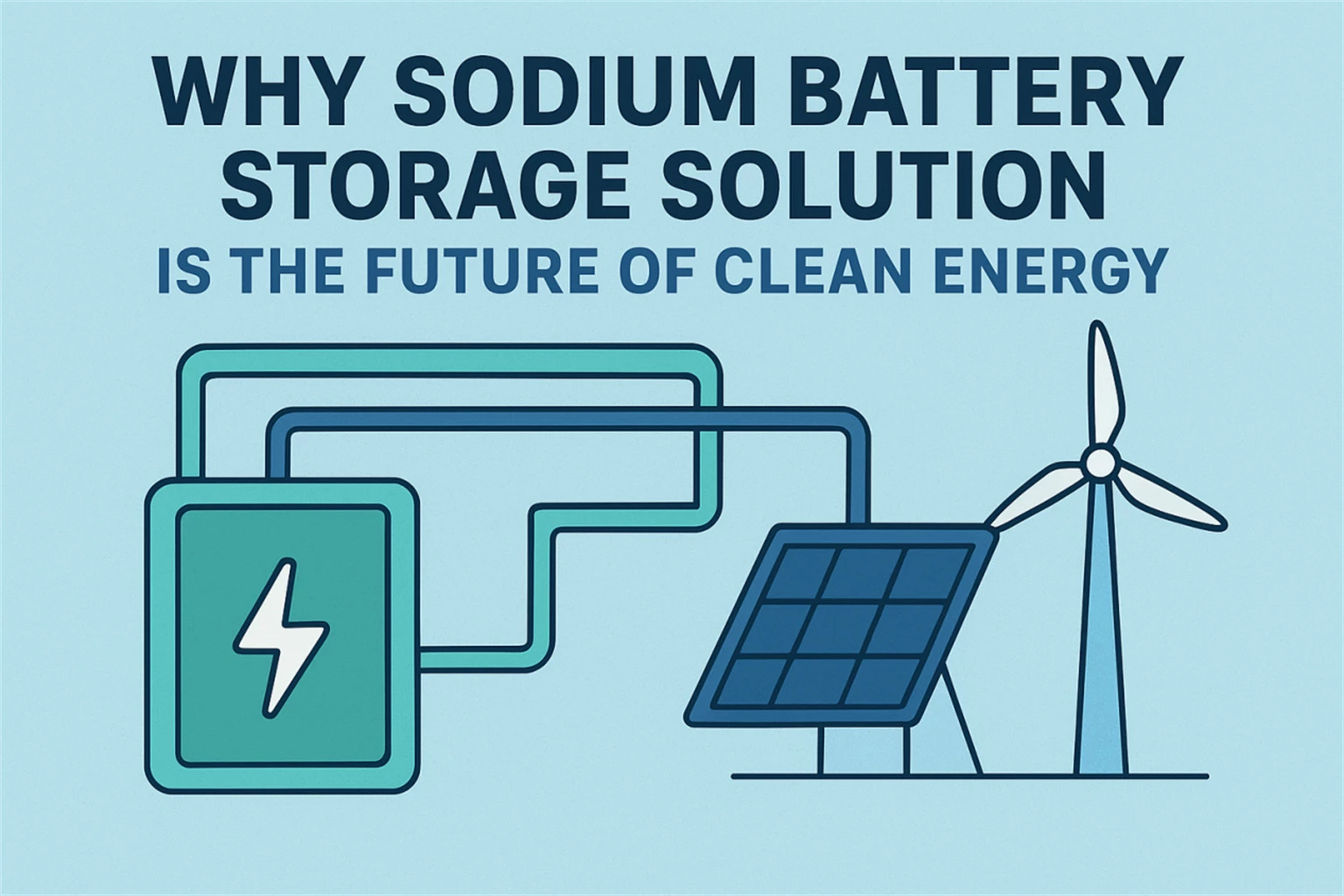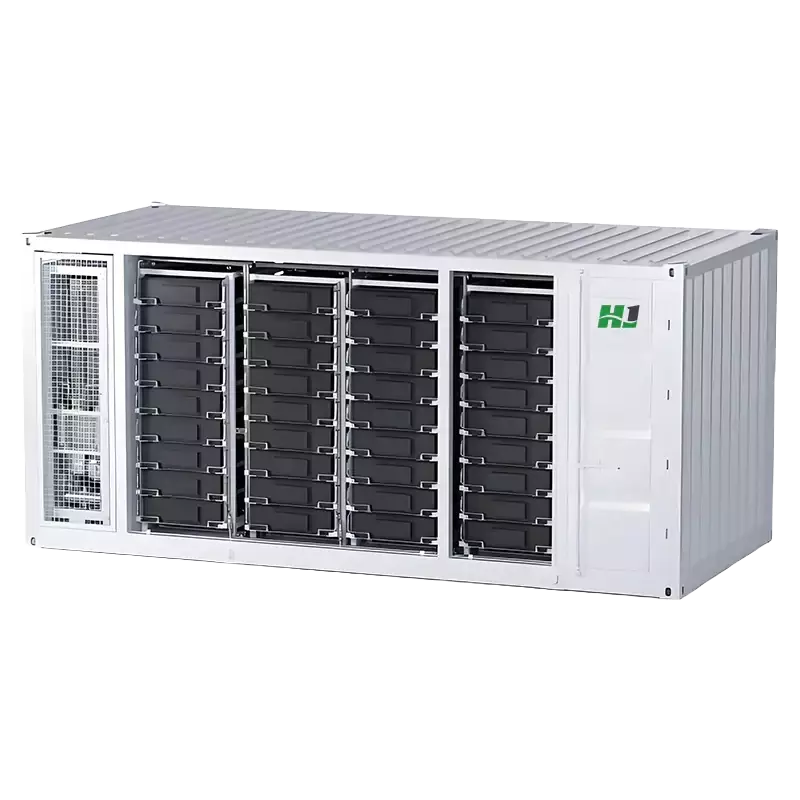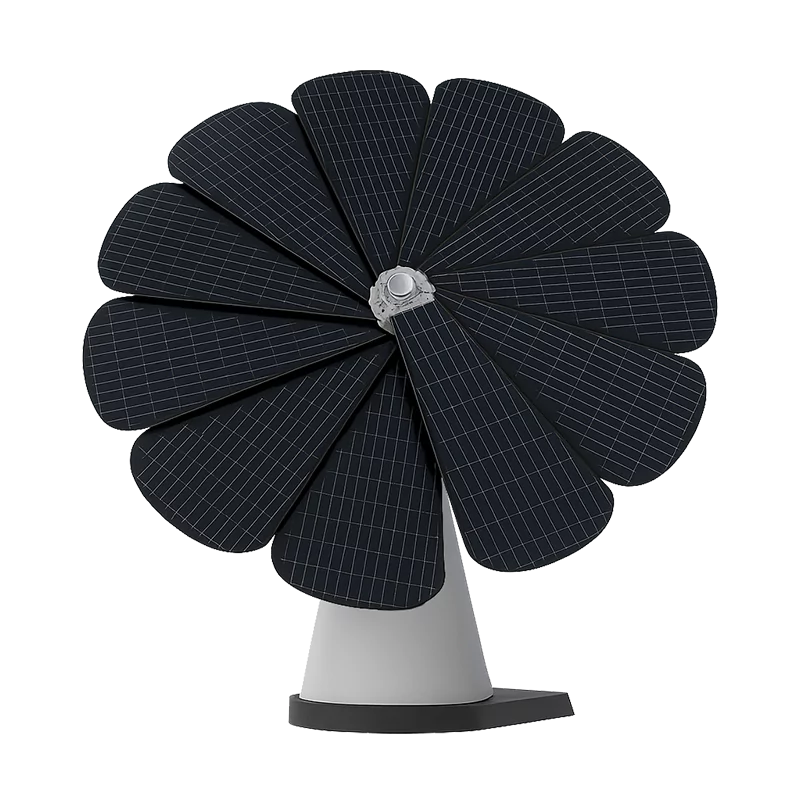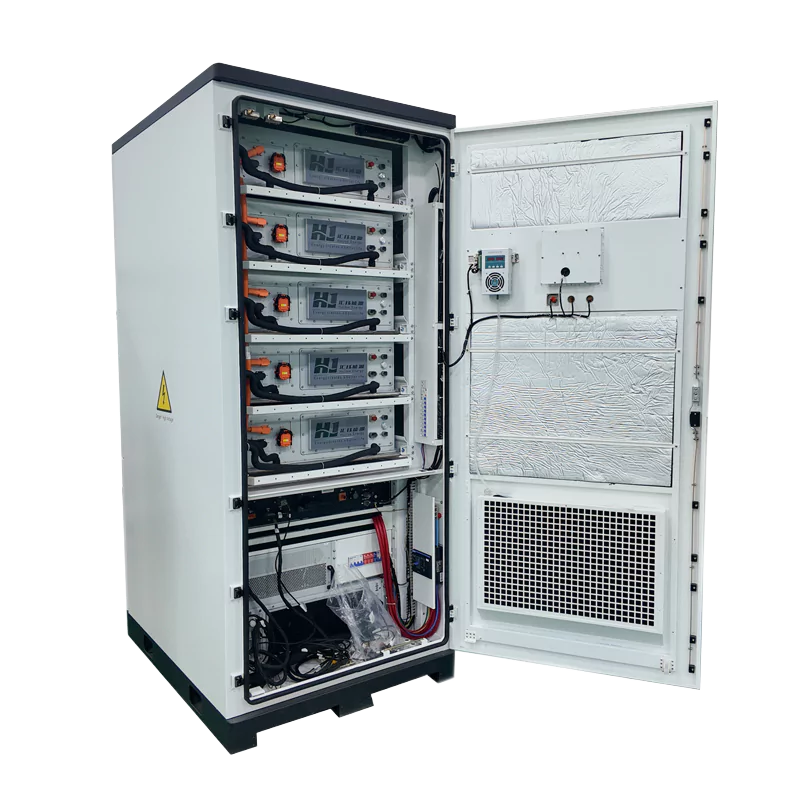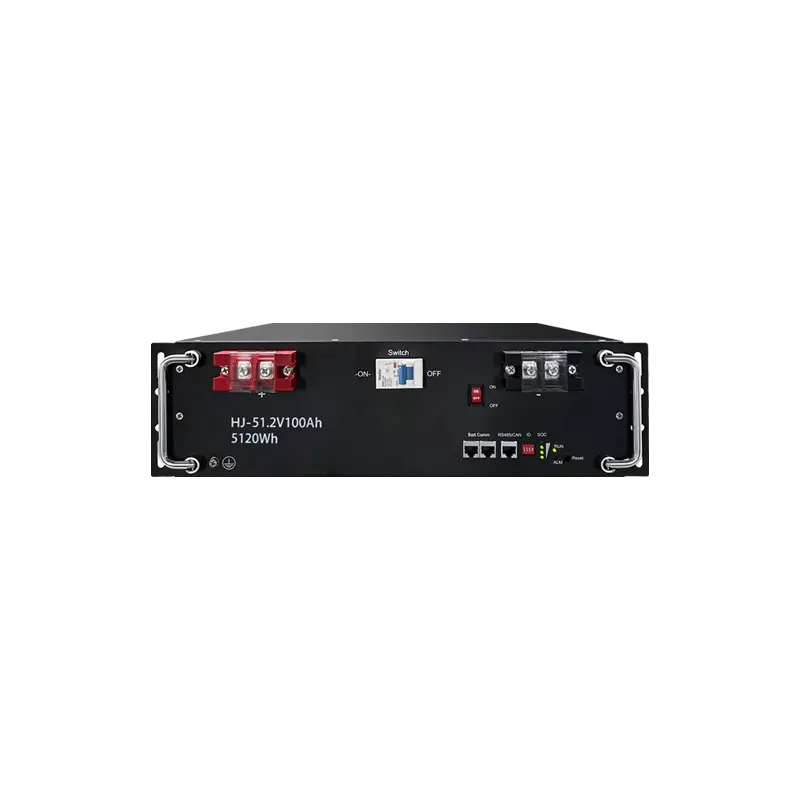What Tax Incentives Will the State Have for Solar Energy Conversion in 2025?
Solar energy deployment has gained momentum in America, and homeowners and businesses must find clever ways to reduce the initial installation costs and enjoy high returns for their investments. One among these strategies would be to leverage advantages offered by taxes. Solar incentives at the federal and state level will probably play even greater roles in 2025 to fuel the transition to clean, renewable energy. But what exactly will these incentives be like a year from now? And how will you benefit most from them?
In this guide, we will walk you through major tax credits for solar power in 2025, the variations based on states, and the five most solar-friendly states in America. Also, find out why time is right to switch to solar, especially with the latest exciting products from companies like Highjoule Group that are making clean energy cheaper and more efficient than ever before.
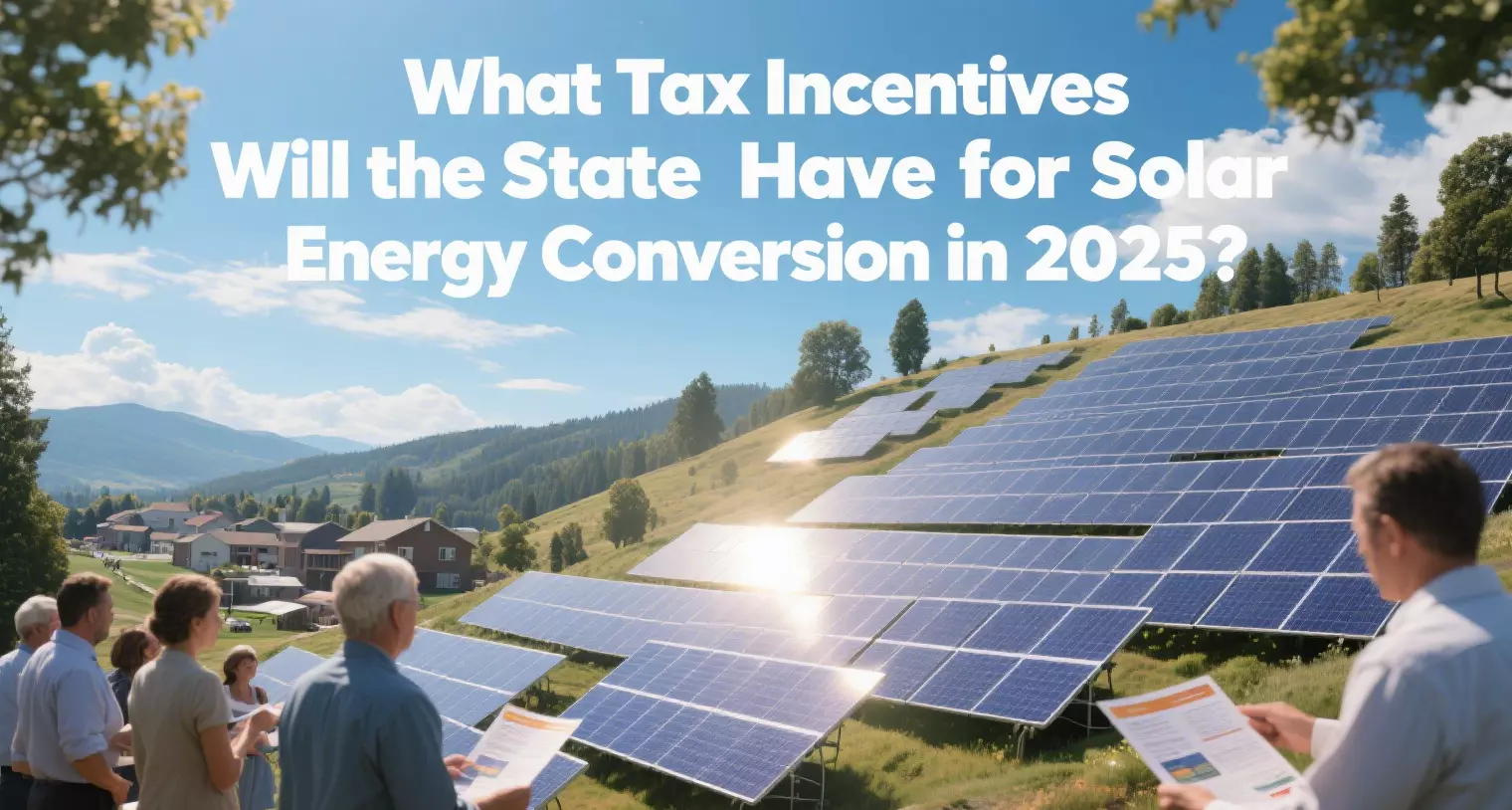
Understanding Solar Incentives in 2025
Now, choosing solar power is not just a matter of preserving the environment, it is gradually becoming a good investment strategy. In 2025, several support policies will be put into action that will prompt individuals to adopt this form of renewable energy. They are federal tax credits, state tax deductions, installation rebates, and power incentives, which significantly reduce the total cost of the solar system.
Some of the most popular incentives are:
1. Federal Solar Investment Tax Credit (ITC)
The ITC program has been extended to 2032 and provides up to 30% system installation cost credits to residential and commercial users. The policy is not a tax refund but tax payable reduction. For example, on a $20,000 system, customers can receive up to $6,000 tax deduction, which will significantly cut the investment payback period.
2. Net Metering
In most states, solar customers are allowed to feed back excess electricity into the grid and receive credits accordingly through electricity bill deductions. This will motivate customers to optimize system generation. As some regions are anticipated to move their rate structures in 2025, customers are urged to monitor local policy changes.
3. Property and sales tax incentives
Whereas solar systems are likely to contribute value towards the market value of homes, some states have policies that guarantee that the burden of increased property taxes is not imposed on the users. At the same time, some states also have sales tax exemptions to allow customers to save an additional 5% to 10% at the stage of equipment purchase.
4. Solar rebates and renewable energy certificates (SRECs)
Several utility companies and city governments provide single payment rebates to offset the cost of the initial installation. Further, the solar renewable energy certificate (SREC) program allows customers to sell “green power credits” based on power output, with an additional source of income for businesses or residences. One SREC can be earned per megawatt-hour of electricity generated, and the energy company purchases it back in order to meet the regulations.
5. Performance-based incentives (PBIs)
Performance incentive plans provide payments based on the system’s true power generation per kilowatt-hour, generally for several years. This is a production capacity-based program that provides more returns to users of higher-efficiency systems.
6. Solar energy loans and financing options
In order to lower the threshold, the majority of sites started low-interest or interest-free loans for locals to complete the purchase of solar energy systems. However, some preferential policies rolled out by the federal government require users to own the system completely, and leasing the system itself is not qualified for corresponding tax credits.
Top 5 States with Outstanding Solar Incentives in 2025
Let us take a look at the proactive initiatives by various states in the United States to enable the popularization of solar energy.
California
- Federal tax incentives: The citizens are able to avail themselves of a 30% federal solar tax credit until 2032.
- Property tax exemption: Residential homes that install solar systems can be exempted from paying property taxes on the relevant value-added part until 2025.
- Sales tax exemption: Exempt from state sales tax are solar panels and supporting equipment.
- Self-generation incentive program (SGIP): Up to 20% subsidies are available for battery energy storage systems.
- The new net metering system (NEM 3.0): Although the price of electricity sales has been reduced, it encourages household self-configuration of battery systems.
Texas
- Property tax incentives: The added value to the property due to solar energy installation is excluded from the taxable value.
- Local government incentive: Austin Energy Company gives those residents who attend solar education classes a rebate of $2,500 maximum.
- Utility-type net metering: Not mandated at the state level, yet most electricity providers still provide deduction programs.
Florida
- Sales tax exemption: Exclusions from state sales tax are provided for the acquisition of solar panels or inverters.
- Property assessment protection: The addition of solar does not increase the tax value of the property.
- Net metering policy: A refund at the complete retail rate is given for surplus electricity fed into the grid.
Arizona
- State tax credit: 25% of the installation cost can be deducted up to a limit of $1,000.
- Sales tax incentive: All solar systems are exempt from the tax.
- Property tax treatment: Solar installations are not included in the value of the home.
- Federal credit: Consistent with other states, a 30% federal tax rebate is still available.
North Carolina
- Property tax credit: Solar installations for non-profit use can apply for property tax exemptions.
- Net metering mechanism: Utilities must offer a credit for the value of surplus electricity.
- Federal investment tax credit: Available to state residents as well, the amount is 30% of the project cost.
Why 2025 Is the Right Time to Go Solar
In 2025, solar energy won’t just be about lowering emissions — it’ll be about maximizing financial gain. As more states push for renewable energy targets, and utility rates continue rising, solar users will enjoy substantial cost savings year over year.
With numerous local and national incentive programs available, 2025 offers a window of opportunity to lock in long-term energy independence at a reduced cost.
But it’s not just about incentives — it’s also about having access to the right equipment.
Power Your Solar Future with Highjoule Group
Solar energy will not just be a synonym for environmental protection in the years to come, but is slowly becoming a significant tool towards sustainable economic benefits. While the states continue to advance the policies for renewable energy and the price of electricity continues to rise, households and enterprises increasingly will be experiencing actual savings on the electricity bill.
The government is also increasing support, and subsidies and tax deductions for solar consumers are being provided by most states, so 2025 is an important year of window opportunity to cut energy expenditure and become energy-independent.
Subsidies, though, are not the entire solution, choosing the correct products and systems is the real essence.
Highjoule Group: Drive your solar power plan one notch higher
Being an active supporter of clean energy technology, Highjoule Group has always endeavored to deliver users with efficient and stable one-stop solar power solutions. Our products include high-performance photovoltaic modules, smart inverter systems, and flexible energy storage devices, which can be applied to various scenarios from residential, commercial and industrial.
Whether you are seeking to reduce your monthly electricity bill or want to build an energy system independent of the public grid, Highjoule’s solutions can protect your investment. We will also assist you in fulfilling the application process of relevant subsidies, tax rebates and other incentive policies so that each investment receives a considerable return.
Highlights of popular products
- Industrial and business energy storage cabinets: sturdy construction, modular, suitable for a variety of business applications
- Wall-mounted energy storage battery: simple connection to the rooftop solar system of the home, compact design
- Hybrid inverter system: intelligent switching between grid-connected mode and self-consumption mode to make the system more flexible
Embrace the dividends of solar energy and usher in a green future
2025 will be the golden age to implement green energy. It is currently the most suitable time to plan.
Call us to learn how to make use of Highjoule Group’s solar technology to gain more economic benefits and energy independence for your home or business.
Find Your Solar + Battery Storage Specialist Now!
* Fill out this form and our experts will help you find the perfect solar storage solution for your home or business.




